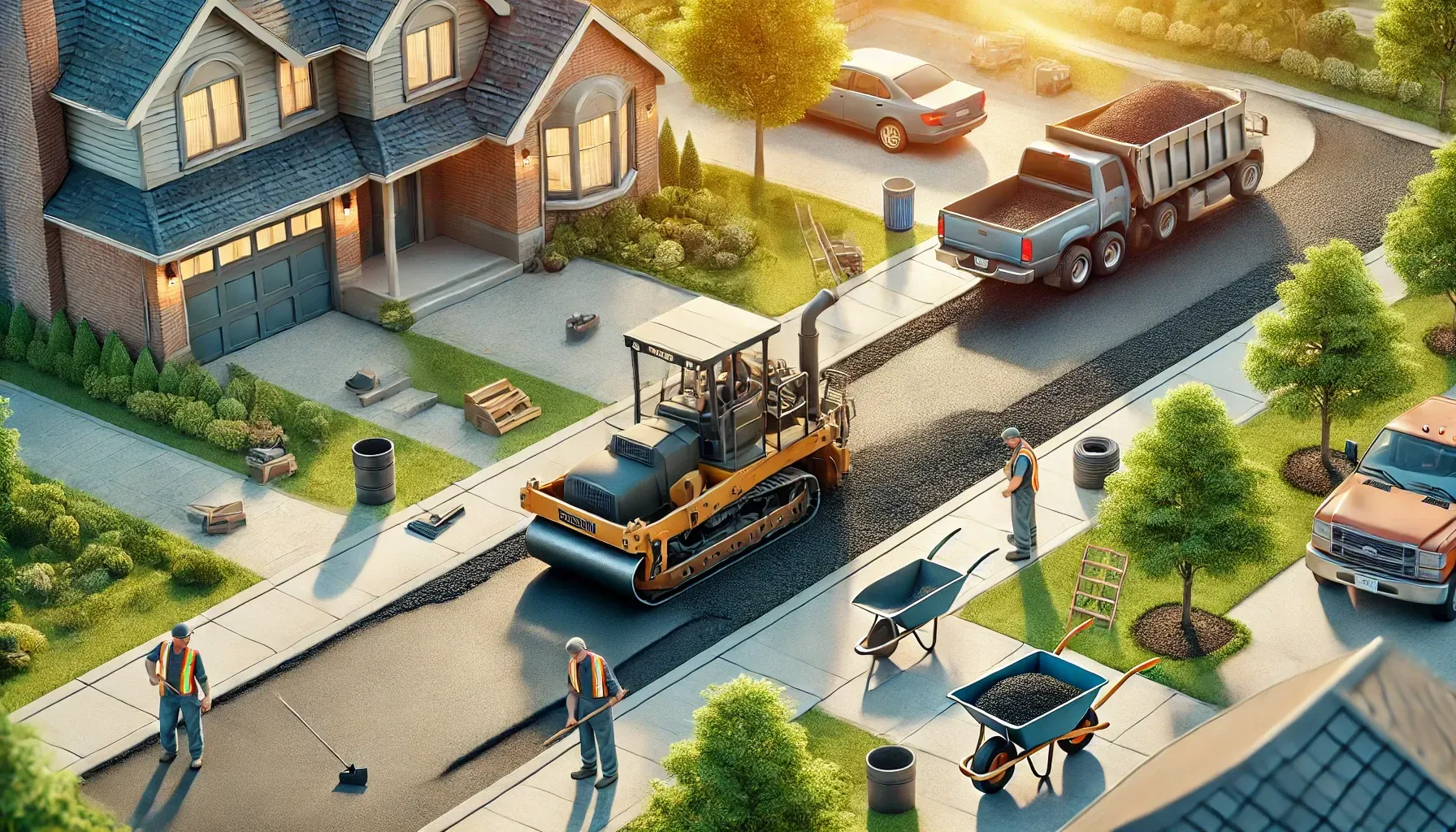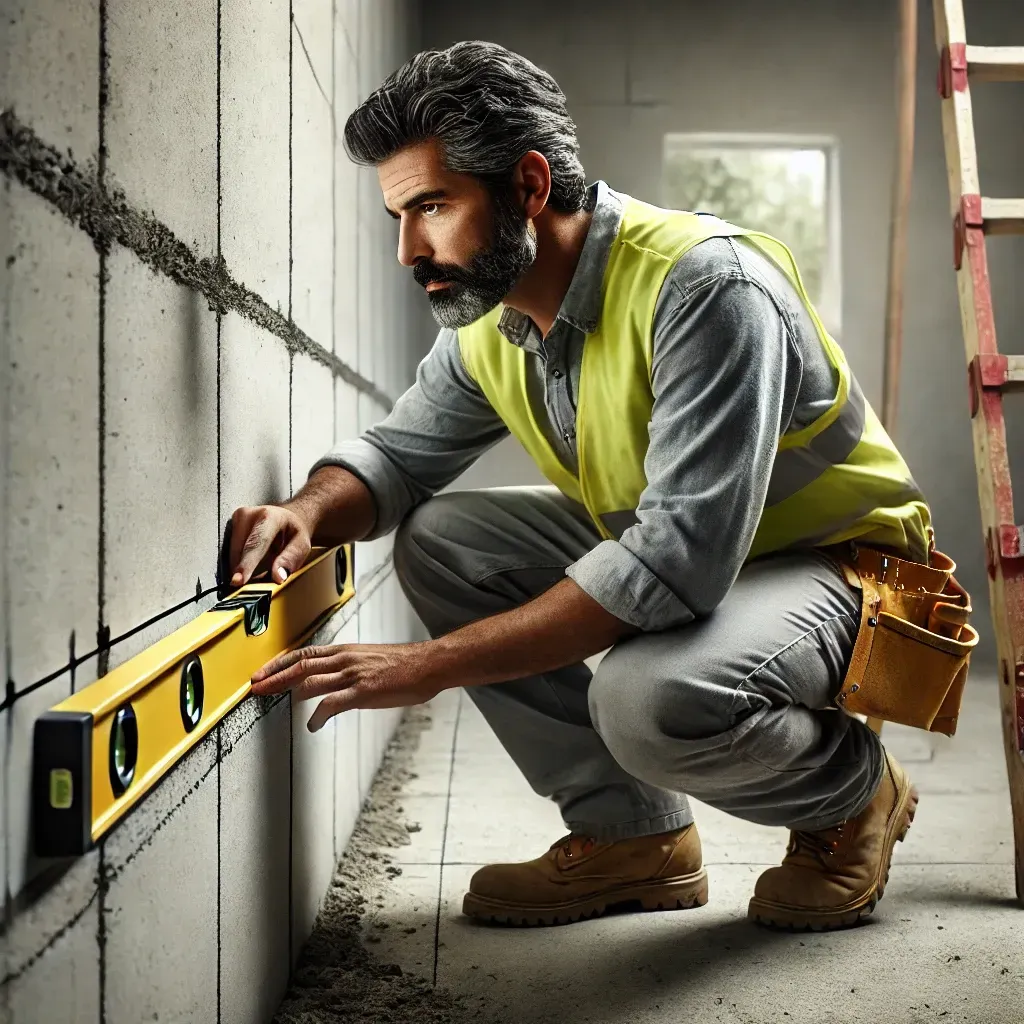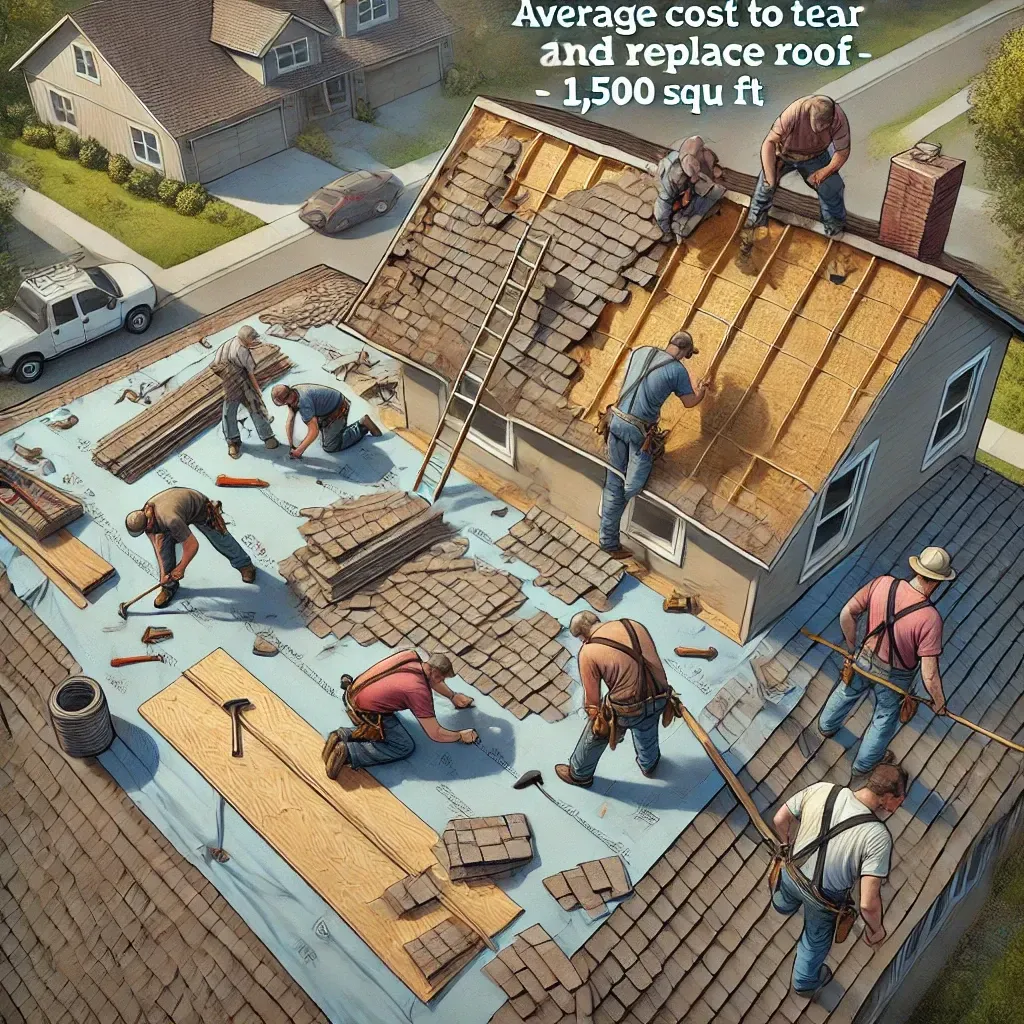how much does siding cost for a 2,000 sq ft house
Siding plays a crucial role in protecting your home and enhancing curb appeal. If you're planning to install or replace siding on a 2,000 sq ft house, the cost can vary depending on material type, labor, and additional factors. This guide breaks down pricing, key factors affecting costs, and how to estimate your budget.
Costs by Siding Material Type
The cost of siding depends largely on the material used. Below is an overview of low, moderate, and high-cost options, along with their estimated total cost for a 2,000 sq ft home.
Siding Cost Breakdown
| Siding Material | Cost per Sq Ft (Installed) | Estimated Total Cost (2,000 Sq Ft Home) |
|---|---|---|
| Vinyl | $3 – $8 | $6,000 – $16,000 |
| Aluminum | $7 – $13 | $14,000 – $26,000 |
| Fiber Cement | $6 – $13 | $12,000 – $26,000 |
| Engineered Wood | $5 – $10 | $10,000 – $20,000 |
| Wood | $5 – $12 | $10,000 – $24,000 |
🔹
Vinyl and fiber cement offer the best value for money.
🔹 Brick and stone veneer are premium options but provide excellent durability and resale value.
Siding Material Cost Factors
The Size of Your House
- A 2,000 sq ft home typically requires 1,500 to 2,000 sq ft of siding depending on architectural design.
- The larger the home, the more materials and labor required.
Current Siding and Exterior Wall Condition
- If you're replacing old siding, removal costs range from $1,000 – $3,000.
- Homes with damaged exterior walls may require repairs before installation, adding to the total cost.
Product Choices
- High-end materials (brick, stone, steel) are more expensive but offer superior longevity.
- Budget-friendly options (vinyl, fiber cement) provide a durable, cost-effective solution.
Labor Costs
- Installation costs vary by region and complexity of the project.
- On average, labor accounts for 30% – 50% of total siding costs.
How to Estimate Your Siding Costs
Follow these steps to calculate your siding budget:
- Measure your home’s exterior square footage (typically 1,500 – 2,000 sq ft for a 2,000 sq ft house).
- Choose a siding material (refer to the table above for pricing).
- Factor in additional costs (permits, labor, and possible repairs).
- Get multiple contractor quotes to find the best deal.
If you're planning to build a new home and want a full budget estimate, check out our Cost to Build a House guide to understand the total construction expenses, including siding, roofing, and interior finishes.
Siding Permits & Inspections
- Many cities require permits for siding installation.
- Costs vary from $100 – $500 for a permit and $50 – $300 for inspections.
- Check with your local building department for regulations in your area.
How Types of Siding Add Value to Your Property
Factors That Boost Property Value
Improved Curb Appeal – High-end materials enhance the home’s look.
Durability & Longevity – Premium siding lasts longer and requires fewer repairs.
Energy Efficiency – Insulated siding reduces heating and cooling costs.
Low Maintenance – Vinyl, fiber cement, and aluminum require minimal upkeep.
Best ROI (Return on Investment) by Siding Type
Stone Veneer → 90% – 100% ROI
Brick → 85% – 95% ROI
Vinyl & Fiber Cement → 75% – 85% ROI
🔹 Premium materials offer a higher return but come at a greater upfront cost.
Cost-Saving Tips for Homeowners
✅
Compare Multiple Quotes – Get at least 3 estimates before choosing a contractor.
✅
Choose Cost-Effective Materials – Vinyl and fiber cement provide durability at lower prices.
✅
Consider DIY Preparation – Removing old siding yourself can save on labor costs.
✅
Time Your Project Wisely – Off-season installations (fall/winter) may offer discounts.
✅
Look for Local Rebates – Some states provide incentives for energy-efficient siding.
8. Conclusion
Siding your 2,000 sq ft house can cost anywhere from $6,000 to $70,000, depending on the material, labor, and additional expenses. If you’re on a budget, vinyl and fiber cement offer the best value, while brick and stone veneer provide premium durability and aesthetic appeal.
To get the best deal, compare multiple quotes, factor in extra costs, and explore cost-saving opportunities. A well-planned siding project protects your home, improves energy efficiency, and boosts resale value.











